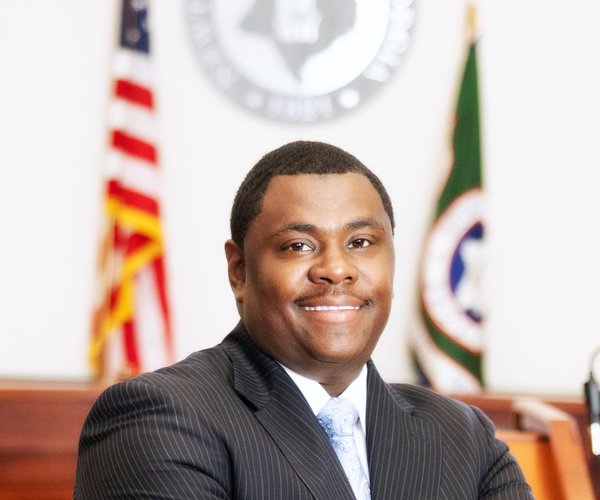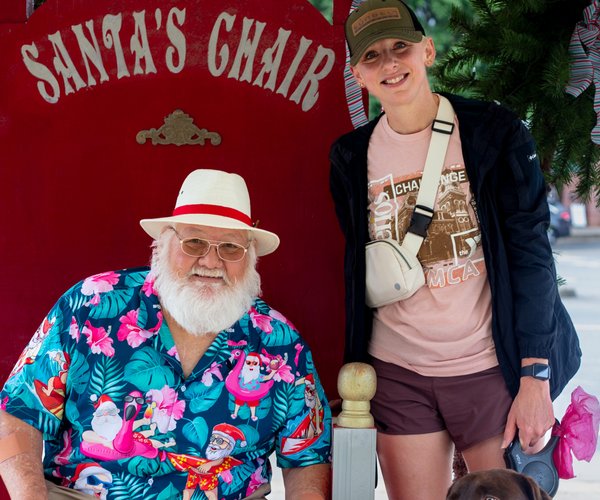The battleship U.S.S. Iowa was good to Grier Sims.
The ship was his home during World War II, taking him safely across both the Atlantic and Pacific and into Japan at war's end.
It was big, 57,000 tons loaded, and cushy compared with the amenities offered on a destroyer.
"Good duty on a battleship," he said. "We mostly were just bombarding."
Late in the war, Japanese kamikaze pilots tended to target the carriers and the Iowa offered covering fire from its 5-inch guns, and even its 16-inch guns.
He wasn't fearless, but was generally comfortable. The most fear occurred when the ship was shelling Honshu, the main island of Japan, just before war's end. They didn't know what to expect.
"It was sort of unknown; are they going to come after us?" he said. "We didn't know at the time they were pretty much decimated by then as far as their air cover."
One day the fleet was ordered to pull back. They learned later that the Allies had dropped an atomic bomb on the Japanese.
"We at that time didn't know the meaning of that word, what is that? The president said it's equal to 20,000 tons of TNT, so we figured that was a biggie."
The Navy was a natural for Sims, 89, a Covington native who grew up near Miami.
"My brother went in the Army and he said, Grier, get in the Navy, you'll be better off there," Sims said. "We were used to the water, so it was sort of a fit."
He enlisted in July 1942. The ship was christened in November 1943.
The ship had its shakedown cruise in the Atlantic, and was used to transport President Roosevelt for the Allies' conference in Teheran in 1943.
The Iowa also made a trip south of the equator, with all the usual celebrations such a crossing receives, even in wartime.
"War or not, the Navy takes time to do their rituals," he said.
Sims served as a seaman at first and was discharged in December 1945 as an electrician's mate first class.
The Iowa was decommissioned after the war, but was brought back in service for the Korean War and again in the 1980s.
There are crews that get together each year, representing service in the 1940s, 1950s and the 1980s.
"There are some old geezers like me, to some of the guys still in their 40s," Sims said. The group will meet this year in Charleston, S.C., and Sims expects to be there.
"I did enjoy it," he said. "It was a life experience and we did some good."
Hear him speak on his experiences at covnews.com.





